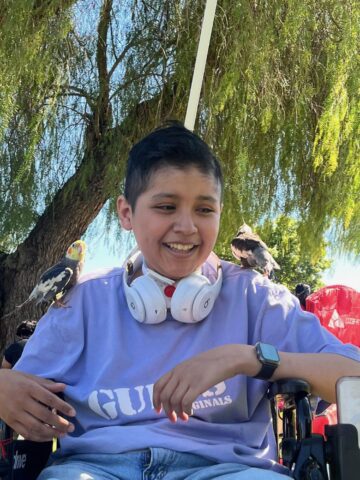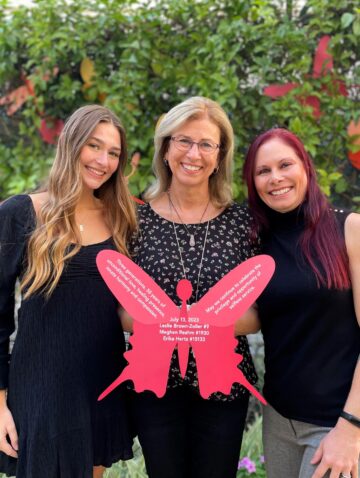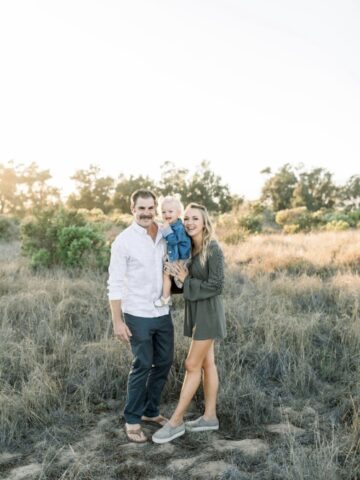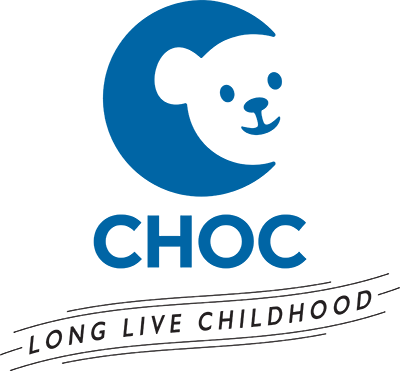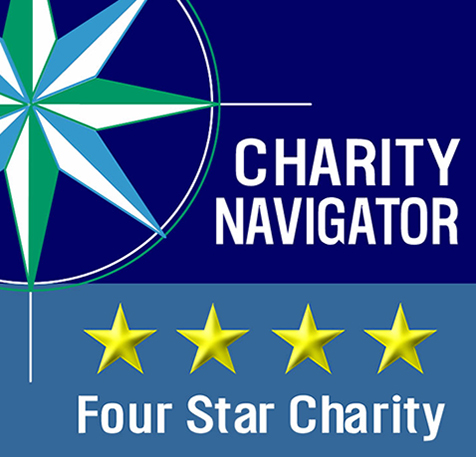Thirteen-year-old Piper exudes confidence, joy and all the things that make the teen years wonderful.
But her remarkable medical journey began just after the 15-month-old toddler took her first steps.
“She was losing her balance,” recalls Debra, Piper’s mother. Almost the same week she tried to walk, Piper’s eyes started darting back and forth randomly, and she stopped walking. Within two weeks, her arms were tremoring, and it was hard for her to crawl.
Soon, Piper wasn’t even able to push herself up from a crawling position. The pediatrician told Debra and her husband, Matt, “You need to go to CHOC. It’s urgent.”
CHOC finds “The Why“
Piper’s parents rushed her here, and two days later, specialists diagnosed her with opsoclonus-myoclonus syndrome (OMS). This extremely rare and often misdiagnosed autoimmune condition affects one in five million people—usually young children.
In OMS, either a cancerous tumor called a neuroblastoma or a viral infection triggers the immune system to attack the nervous system.
In Piper’s case, she had a neuroblastoma that was causing her movement disorder.
Of course, correctly diagnosing Piper was only the first step. In quick order, CHOC surgeons removed the tennis ball-sized tumor. Then, she began the first of 12 rounds of chemotherapy under the care of Elyssa Rubin, a CHOC pediatric oncologist.
Then, it was time to address her OMS. Because this condition is so rare—and because CHOC embraces collaboration—a world-renowned authority on OMS was brought in as part of Piper’s care team.
Along with chemotherapy, Piper began receiving steroid injections and monthly infusions at CHOC to treat her OMS. We also gave her extensive physical therapy for her neurological issues. By age six, Piper was completely off her medications.
Cancer-free and thriving
Piper has been cancer-free for 11 years and is in CHOC’s After Cancer Treatment Survivorship program. In addition, the young teen is in remission from OMS and living life to the fullest—including competing in horseback riding and other sports.
For Debra, the CHOC difference was transformative by providing “the best care, best doctors, best nurses and the best programs to support not only the child but the family.”
“At CHOC, you have full confidence that they are going to do what they can to take care of your extremely ill child,” says Debra. “Every child should have something like this nearby if they need it.”

